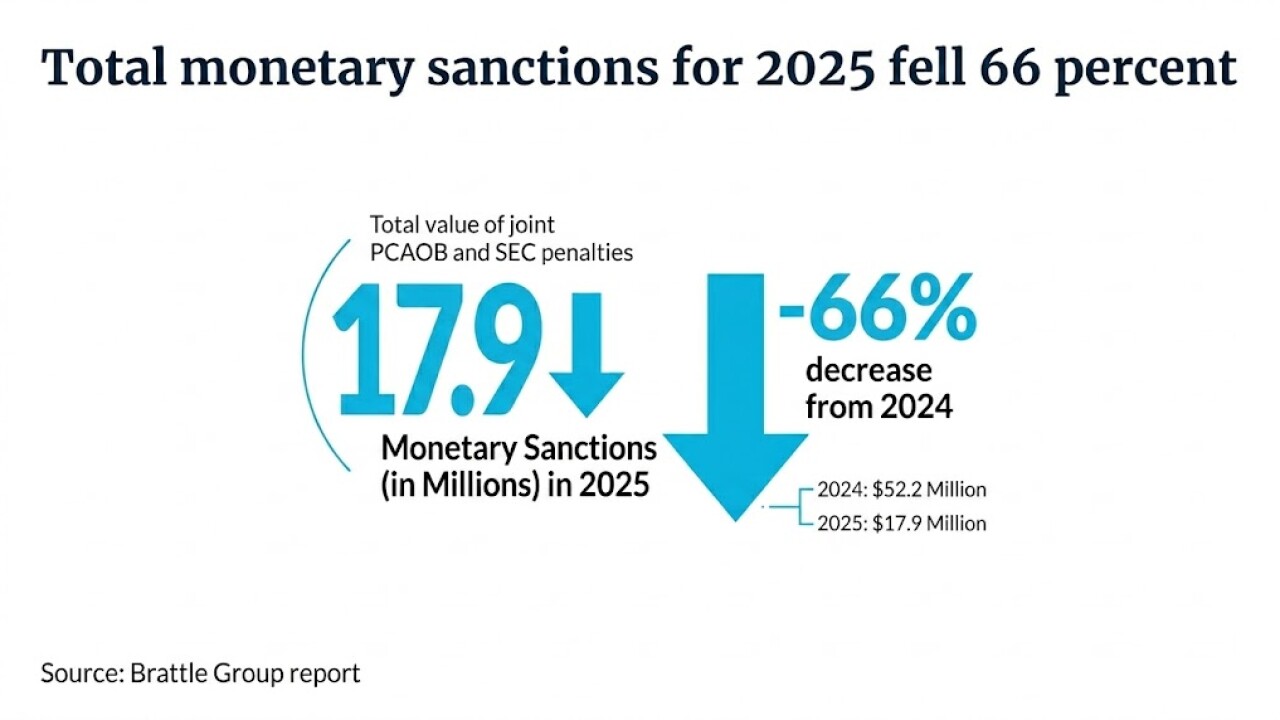The Internal Revenue Service estimates that between 21 and 25 percent of Earned Income Tax Credit payments were issued improperly during fiscal year 2012, or approximately $11.6 billion to $13.6 billion, and those estimates may be understated because laws that extended increases in the EITC were not factored into the estimates, according to a new report.
The
As part of its audit, TIGTA also found that the IRS has not established annual improper payment reduction targets as required by law. The IRS is also not in compliance with the quarterly reporting requirement for high-dollar improper EITC payments —that is, payments totaling more than $5,000—to TIGTA and the Council of the Inspectors General for Integrity and Efficiency.
IRS management stated that they recently met with the Office of Management and Budget and agreed to develop supplemental measures and indicators in lieu of reduction targets. However, the IRS did not indicate when these measures would be in place.
“The IRS should be commended for implementing numerous processes to educate Americans and identify and prevent improper EITC payments,” said TIGTA Inspector General J. Russell George in a statement. “Unfortunately, it is still distributing more than $11 billion in improper EITC payments each year and that is disturbing. The IRS must do a better job of reining in improper payments in this and in other programs.”
TIGTA recommended that the IRS develop processes to identify high-dollar improper EITC payments and report the information to TIGTA and the Council as required by Executive Order 13520.
IRS management agreed with TIGTA’s recommendation and plans to take appropriate corrective actions. “We agree with the report recommendation that the IRS should develop a process to identify and report on high-dollar improper Earned Income Tax Credit payments and report the information to TIGTA and the Council of Inspectors General on Integrity and Efficiency,” wrote IRS CFO Pamela J. LaRue.
An IRS spokesperson also sent a comment Tuesday to Accounting Today in reaction to the TIGTA report. “The IRS appreciates the Inspector General’s acknowledgement of all our work to implement processes that identify and prevent improper EITC payments,” said the IRS in the statement. “Every year, the IRS conducts 500,000 EITC audits as part of a broader enforcement strategy, and EITC claims are twice as likely to be audited as other tax returns. The IRS protects nearly $4 billion in improper claims each year and is committed to continuing to work to reduce improper claims. As the data in the TIGTA report shows, there has been a significant decline in the improper payments since 2010. To that end, the IRS continues to work with OMB to develop supplemental measures to better gauge the impact of IRS’ compliance and outreach efforts. While federal privacy laws restrict the data that can be provided, IRS has also worked with OMB to develop a quarterly summary report of overpayments that will meet the reporting requirements of Executive Order 13520.”





